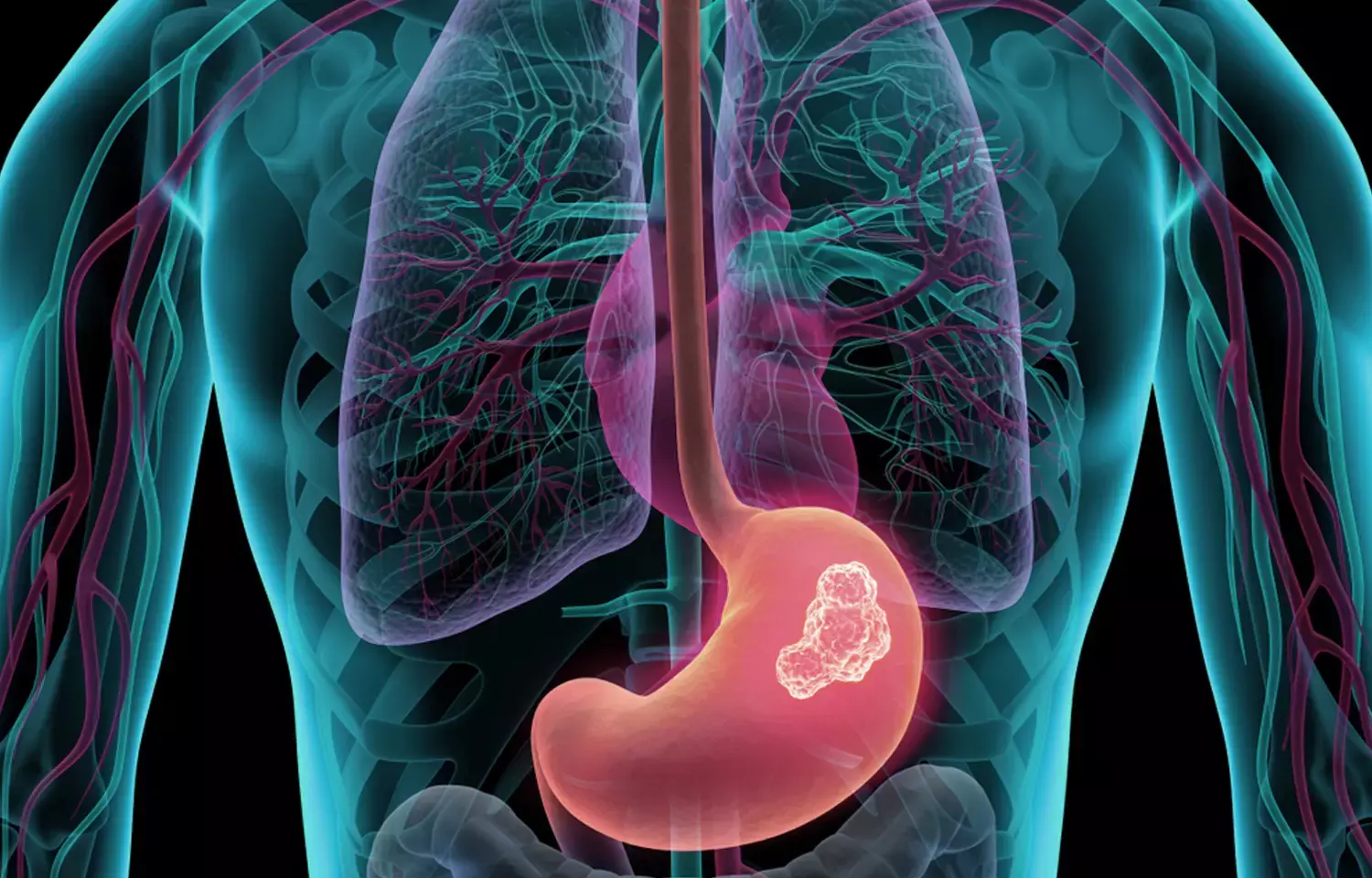- Home
- Medical news & Guidelines
- Anesthesiology
- Cardiology and CTVS
- Critical Care
- Dentistry
- Dermatology
- Diabetes and Endocrinology
- ENT
- Gastroenterology
- Medicine
- Nephrology
- Neurology
- Obstretics-Gynaecology
- Oncology
- Ophthalmology
- Orthopaedics
- Pediatrics-Neonatology
- Psychiatry
- Pulmonology
- Radiology
- Surgery
- Urology
- Laboratory Medicine
- Diet
- Nursing
- Paramedical
- Physiotherapy
- Health news
- Fact Check
- Bone Health Fact Check
- Brain Health Fact Check
- Cancer Related Fact Check
- Child Care Fact Check
- Dental and oral health fact check
- Diabetes and metabolic health fact check
- Diet and Nutrition Fact Check
- Eye and ENT Care Fact Check
- Fitness fact check
- Gut health fact check
- Heart health fact check
- Kidney health fact check
- Medical education fact check
- Men's health fact check
- Respiratory fact check
- Skin and hair care fact check
- Vaccine and Immunization fact check
- Women's health fact check
- AYUSH
- State News
- Andaman and Nicobar Islands
- Andhra Pradesh
- Arunachal Pradesh
- Assam
- Bihar
- Chandigarh
- Chattisgarh
- Dadra and Nagar Haveli
- Daman and Diu
- Delhi
- Goa
- Gujarat
- Haryana
- Himachal Pradesh
- Jammu & Kashmir
- Jharkhand
- Karnataka
- Kerala
- Ladakh
- Lakshadweep
- Madhya Pradesh
- Maharashtra
- Manipur
- Meghalaya
- Mizoram
- Nagaland
- Odisha
- Puducherry
- Punjab
- Rajasthan
- Sikkim
- Tamil Nadu
- Telangana
- Tripura
- Uttar Pradesh
- Uttrakhand
- West Bengal
- Medical Education
- Industry
Autoimmune gastritis the driving factor in Young women towards Gastric Cancer: JAMA

Autoimmune gastritis is another possible cause of stomach cancer. With the decreasing frequency of chronic Helicobacter pylori infection, this reason may be increasing prominence.
According to the findings of a recent research, autoantibody positivity in younger women may indicate subclinical autoimmune gastritis. The findings in young girls and the corpus subsite correspond to rising cancer incidence rates in these populations. Stronger autoimmune connections in H pylori-seronegative people indicate an autoimmune gastritis paradigm in which H pylori is no longer the driving driver.
The following study was conducted by Minkyo Song and team with the objective to see if there was a link between prediagnostic autoantibodies to gastric mucosa and the risk of developing gastric cancer (GC). The findings of this study were published in the Journal of American Medical Association.
In this cohort study, nested GC case-control analyses were performed within distinct Finnish cohorts of reproductive-age women (Finnish Maternity Cohort [FMC]; born 1938-1989) and older males (Alpha-Tocopherol, Beta-Carotene Cancer Prevention [ATBC] Study; born 1916-1939). The FMC and ATBC Studies had 529 and 457 matched pairs, respectively, with mean participant ages of 30.5 and 57.5 years and medians of 17 and 11 years from baseline to cancer diagnosis. Between August 2019 and November 2020, data analysis were carried out. Immunoassays were used to assess antiparietal cell antibodies (APCAs), anti-intrinsic factor antibodies, and anti–H pylori antibodies in baseline blood. The main outcome was autoantibody associations, which were evaluated using odds ratios (ORs) and 95 percent confidence intervals (CIs).
The key findings are:
1. Of the 529 control individuals in the FMC and 457 control people in the ATBC Study, 53 (10%) women and 35 (7.7%) men were APCA seropositive, whereas 146 (28%) women and 329 (72%), respectively, were H pylori seropositive.
2. In the FMC, APCA seropositivity was linked with GC risk in H pylori-seronegative women but not in H pylori-seropositive women.
3. The greatest correlation between APCA and H pylori seronegativity was found in malignancies of the fundus and corpus.
4. APCA seropositivity was not linked with GC in either H pylori–seronegative or H pylori–seropositive males in the ATBC Study.
5. Anti-intrinsic factor antibody seroprevalence was less than 2% in both cohorts, and it was not significantly linked with GC risk.
In conclusion, the use of prediagnostic biospecimens eliminates possible illness bias that might arise from a cross-sectional comparison and assures the validity of any discovered relationships. A more thorough examination of autoantibodies in individuals with gastritis or GC may reveal a hidden reason for initiatives to lessen the public health burden of GC.
Reference:
Song M, Camargo MC, Katki HA, et al. Association of Antiparietal Cell and Anti-Intrinsic Factor Antibodies With Risk of Gastric Cancer. JAMA Oncol. Published online December 16, 2021. doi:10.1001/jamaoncol.2021.5395
Medical Dialogues consists of a team of passionate medical/scientific writers, led by doctors and healthcare researchers. Our team efforts to bring you updated and timely news about the important happenings of the medical and healthcare sector. Our editorial team can be reached at editorial@medicaldialogues.in.
Dr Kamal Kant Kohli-MBBS, DTCD- a chest specialist with more than 30 years of practice and a flair for writing clinical articles, Dr Kamal Kant Kohli joined Medical Dialogues as a Chief Editor of Medical News. Besides writing articles, as an editor, he proofreads and verifies all the medical content published on Medical Dialogues including those coming from journals, studies,medical conferences,guidelines etc. Email: drkohli@medicaldialogues.in. Contact no. 011-43720751


